Video 6: How To Use Debt Correctly
Take this quiz to recap everything discussed in video six.
Why does higher debt allow for higher gains?
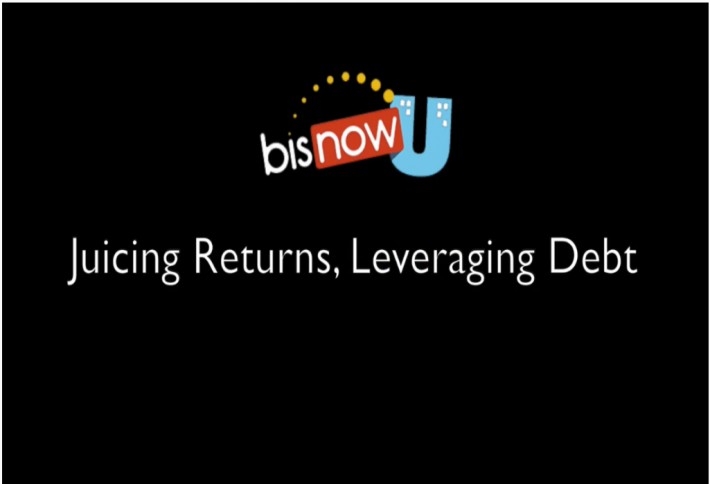
YOU'RE CORRECT!
Debt will always be a fixed payment, no matter the success status of a property. If a property with 90% debt goes up 10% in value, that is a 100% return on investment for the equity holder.
YOU'RE WRONG!
Debt will always be a fixed payment, no matter the success status of a property. If a property with 90% debt goes up 10% in value, that is a 100% return on investment for the equity holder.
Which of the following asset classes should always be low in debt?

YOU'RE CORRECT!
Land investments are risky because there is no guaranteed time frame in which the investment will pay off. It is nonsensical to compound that risk by adding a lot of debt.
YOU'RE WRONG!
Land investments are risky because there is no guaranteed time frame in which the investment will pay off. It is nonsensical to compound that risk by adding a lot of debt.
What is the recourse for not paying a first mortgage loan?

YOU'RE CORRECT!
First mortgage loans are the most basic type of loan. The collateral is the property, whether the value went up or down.
YOU'RE WRONG!
First mortgage loans are the most basic type of loan. The collateral is the property, whether the value went up or down.
Which of the following is not a characteristic of mezzanine debt?
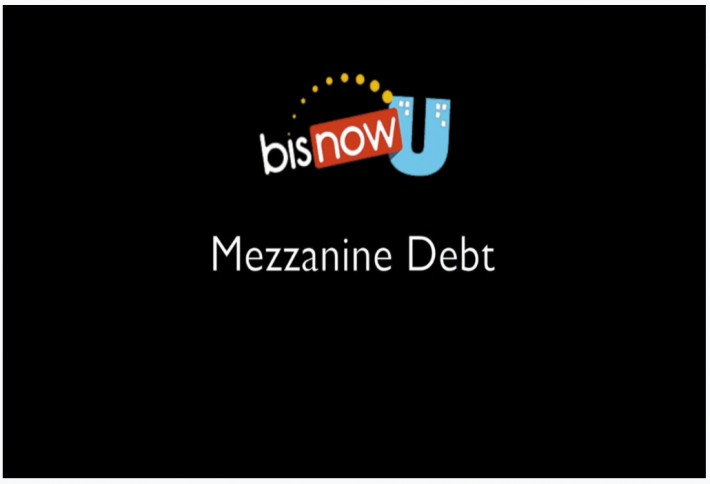
YOU'RE CORRECT!
Mezzanine debt is second to the first mortgage debt, so the collateral is not as appealing, but in exchange it has higher interest rates and it is highly customizable.
YOU'RE WRONG!
Mezzanine debt is second to the first mortgage debt, so the collateral is not as appealing, but in exchange it has higher interest rates and it is highly customizable.
Which of the following is not true about bankruptcy?
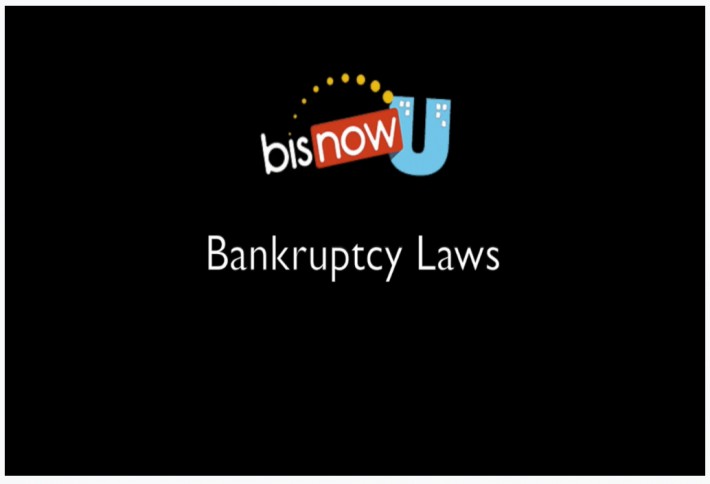
YOU'RE CORRECT!
The concept of bankruptcy laws is that it is not the borrower's fault.
YOU'RE WRONG!
The concept of bankruptcy laws is that it is not the borrower's fault.
True or false: Quasi debt is paid before first mortgage debt

YOU'RE CORRECT!
Quasi debt comes before first mortgage debt because it is not really debt, it is similar to a ground lease
YOU'RE WRONG!
Quasi debt comes before first mortgage debt because it is not really debt, it is similar to a ground lease
Which of the following situations would warrant the evaluation of fixed charge ratio?
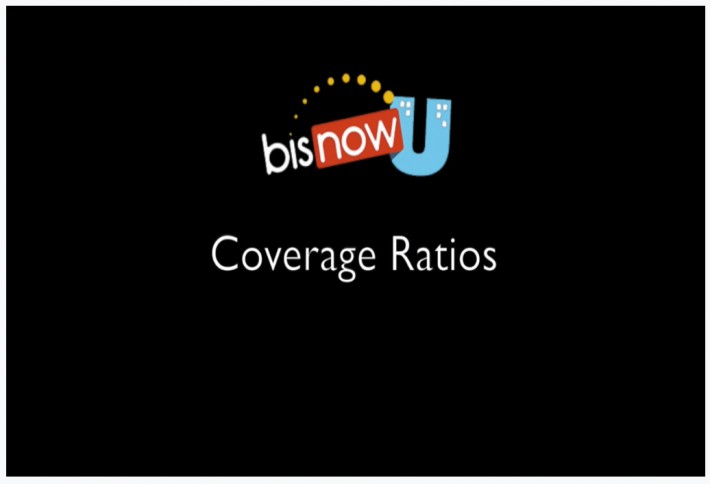
YOU'RE CORRECT!
Since ground lease payments occur monthly, they count as fixed charges, but they are not factored into debt coverage ratio because they have nothing to do with debt.
YOU'RE WRONG!
Since ground lease payments occur monthly, they count as fixed charges, but they are not factored into debt coverage ratio because they have nothing to do with debt.
Why might a bank issue a PIK loan to an investor with an interest coverage ratio less than 1.0?

YOU'RE CORRECT!
An investor typically only lets interest rates get below 1.0 when they are doing construction or if they are optimistic about revenue in the future. If the original lender sees an opportunity for an income increase, they will grant the PIK loan.
YOU'RE WRONG!
An investor typically only lets interest rates get below 1.0 when they are doing construction or if they are optimistic about revenue in the future. If the original lender sees an opportunity for an income increase, they will grant the PIK loan.
Why do banks like construction lending?

YOU'RE CORRECT!
Bank loans have short-term deposit bases, so banks prefer construction loans, which are typically 1-3 years rather than a 5-10 year loan for an existing property.
YOU'RE WRONG!
Bank loans have short-term deposit bases, so banks prefer construction loans, which are typically 1-3 years rather than a 5-10 year loan for an existing property.
Why might an investor sacrifice a higher interest rate to obtain a fixed income rate?
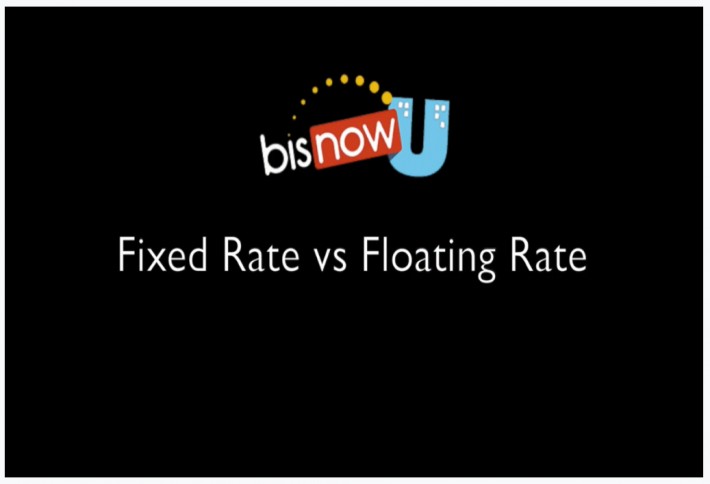
YOU'RE CORRECT!
If a property has a stable income stream, it makes spreadsheets and projections a lot easier if you know the interest rate in the future.
YOU'RE WRONG!
If a property has a stable income stream, it makes spreadsheets and projections a lot easier if you know the interest rate in the future.
How do short-term investors get around paying a prepayment fee?
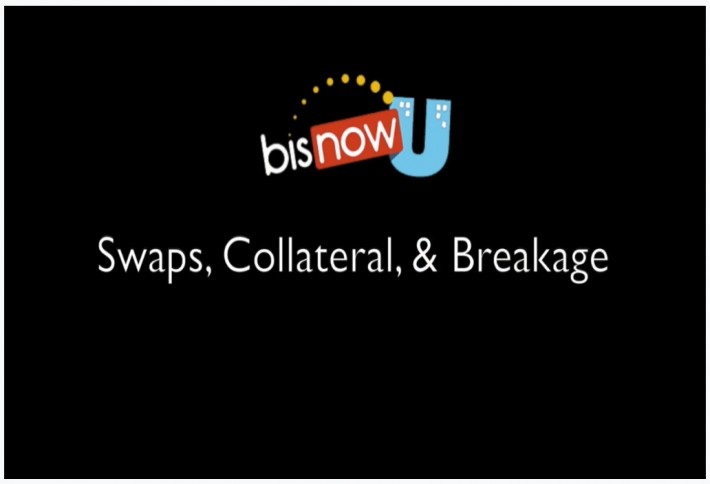
YOU'RE CORRECT!
To ensure they don't pay too much on prepayment penalties, short-term investors typically take on very short-term loans or resort to fixed interest rates.
YOU'RE WRONG!
To ensure they don't pay too much on prepayment penalties, short-term investors typically take on very short-term loans or resort to fixed interest rates.
If you can't find a bank to lend to you when you have to pay back a loan, what should you do?
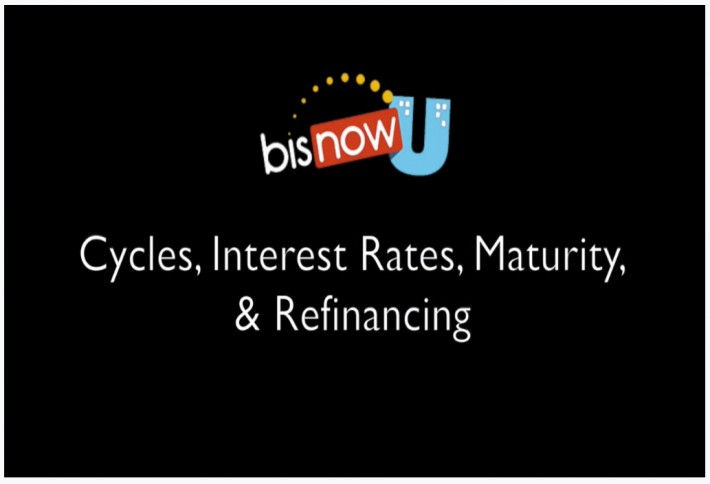
YOU'RE CORRECT!
Sometimes banks are told not to lend to anyone. If you have a loan due and haven't sold the property, then you can either sell it below value or file for bankruptcy.
YOU'RE WRONG!
Sometimes banks are told not to lend to anyone. If you have a loan due and haven't sold the property, then you can either sell it below value or file for bankruptcy.
What is the point of a loan covenant?

YOU'RE CORRECT!
Loan covenants outline a specific set of guidelines that the borrower has to abide by to ensure the best outcome for the lenders.
YOU'RE WRONG!
Loan covenants outline a specific set of guidelines that the borrower has to abide by to ensure the best outcome for the lenders.
What is the problem with investing based on spreadsheet projections?

YOU'RE CORRECT!
There are a lot of things that a spreadsheet can't predict, like when a down cycle is approaching or a natural disaster.
YOU'RE WRONG!
There are a lot of things that a spreadsheet can't predict, like when a down cycle is approaching or a natural disaster.





